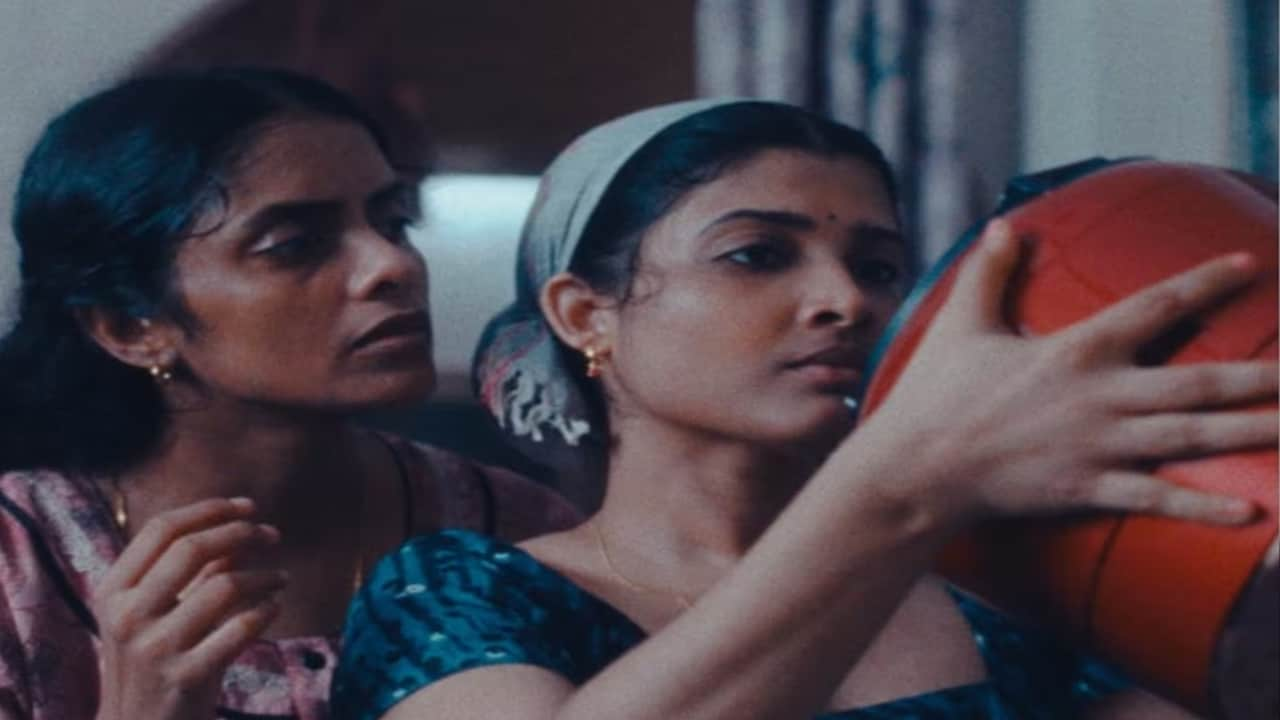Mumbai is a shape-shifter. It’s no two descriptions are the same. It assumes and rejects identities quicker than seconds tick.
More of a concept than an actual city, it builds and spits out dreams and desires at a pace more frenetic than the timetable of its swarming local trains. Although it’s an intimate, keenly-observed portrait of the Maximum City, Payal Kapadia’s All We Imagine As Light discards the romanticism, the glorification attached to it right at the outset. Through montages—delicious interplays of sights, sounds, smells, and speed—she establishes Mumbai as a city of striving, a shiny hamster wheel, a mirage that takes more than it gives.
Also written by Kapadia , All We Imagine As Light starts documentary style with faceless voices of the working-class narrating their Mumbai story. One says that despite living in the city of dreams for over two decades, he’s scared to call it home because he knows he may have to pack up and leave at any moment. Another recalls how he couldn’t sleep the first night he relocated because of the fish stench.
Before long, cinematographer Ranabir Das’s lens focuses on two Malayali nurses on their train back home. Bathed in blue like the rest of the metropolis, Prabha (a terrific Kani Kusruti)—a woman in her late 30s—looks out into the night standing by the compartment gate. Meanwhile, Anu (Divya Prabha), her younger roommate, naps, splayed out on the seat, exhausted after a long day at work.
It’s not just their ag.


















